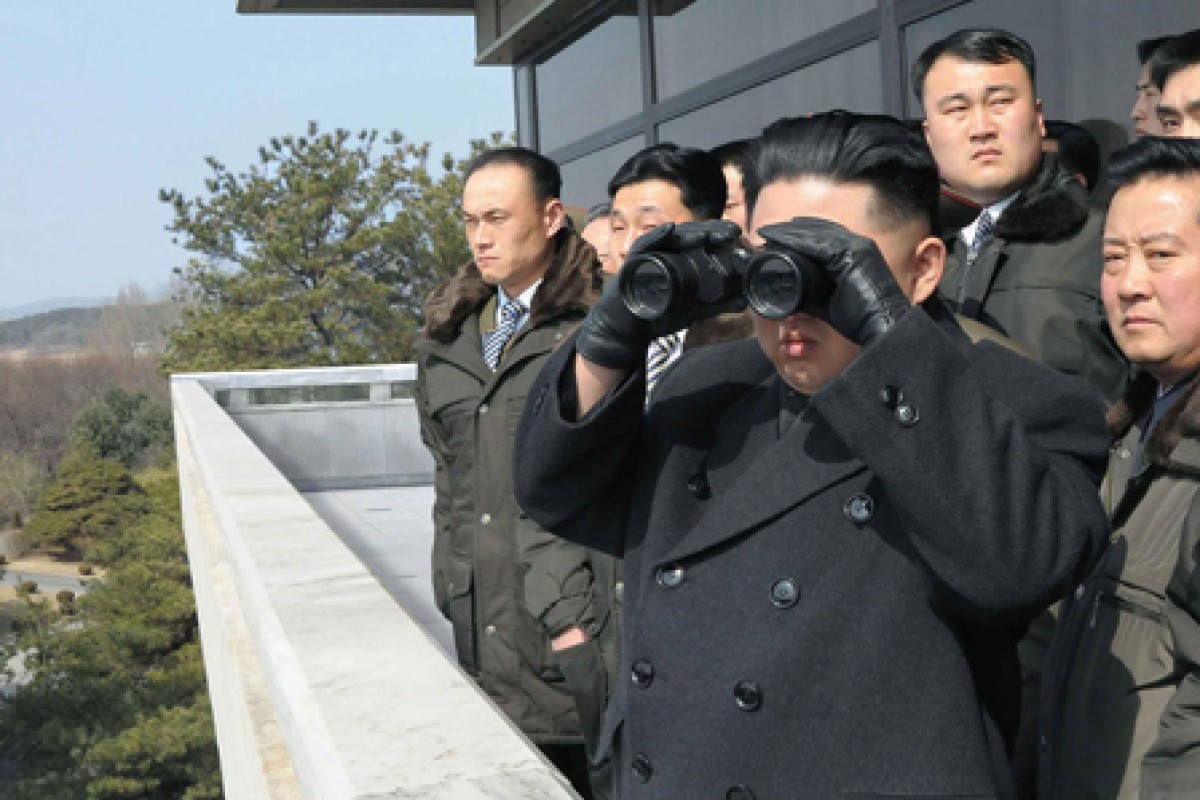
N Korea's new ruler heralds fresh era of mutual benefits
Surprise deal with Washington may be a power play, but at least it helps feed the people and gives the West a way in
 North Korea's leader Kim Jong-un has already turned heads with the Washington deal.
North Korea's leader Kim Jong-un has already turned heads with the Washington deal.Let's hope Kim has realised that the only way to keep control of his country is to provide for his people.
North Korea also agreed to allow the International Atomic Energy Agency to monitor its nuclear plant in Yongbyon, which will suspend uranium enrichment under the deal. Enriching uranium is seen as part of a nuclear weapons programme.
The agreement was a surprise because, first, Kim has been in power for only two months.
It had been widely speculated that at this time of political instability, civilian welfare would not be a priority.
Second, North Korea's move was like biting the hand that feeds it. With its military might, Pyongyang has long been called Beijing's loyal "sidekick". The mainland has contributed a major portion of humanitarian aid, and it has long used North Korea as a bargaining chip with the West. Nations, like the United States, want to break this close military relationship - and the deal could help achieve their objective.
Third, we are so used to seeing Pyongyang reject help from the West, so when it gives in, we start doubting its intentions. For example, in 2009, Pyongyang turned away about 330,000 tonnes of food from the US because it didn't want to be indebted to Beijing's major rival. So why did it accept the deal this time? Are the authorities planning something?
Perhaps the only reasonable explanation is that the regime is desperate to hold on to power: it has to reach an agreement or lose its political grip.
In North Korea, poverty and famine are hard to ignore.
Ideally, the leaders should sort out their priorities and not compromise the well-being of civilians to gain a little more political advantage.
For the West, now is not the time to be passive. It should take advantage of North Korea's vulnerability to disarm this threat to the world once and for all.
Despite American doubts, we have every reason to believe that Kim wants to usher in a new era of trade and mutual benefits. Fingers crossed that optimism plays out.